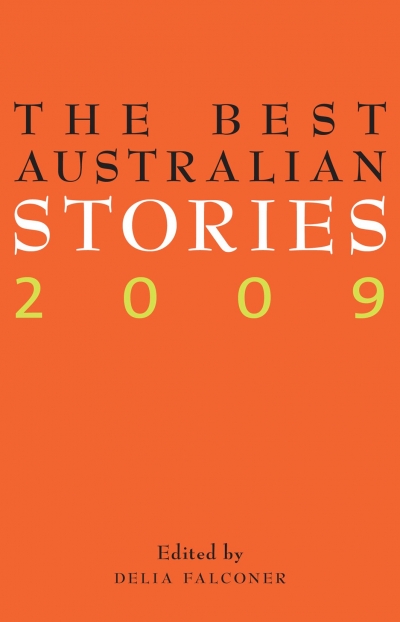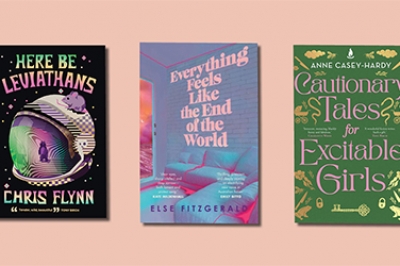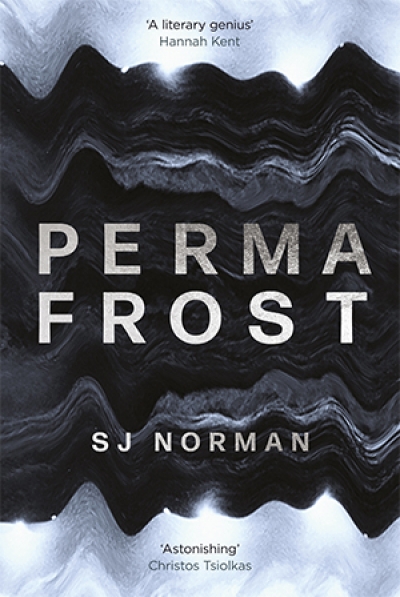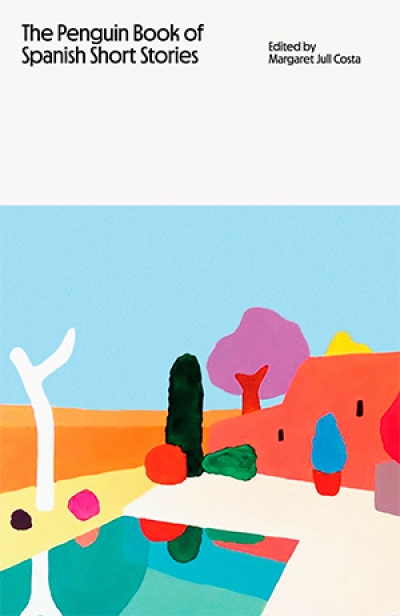Short Stories
Sign up to Book of the Week and receive a new review to your inbox every Monday. Always free to read.
Recent:
There’s a theory that short fiction is the perfect panacea for modern life. As our attention spans grow weak on a diet of digital gruel and as our free time clogs up with late-night work emails, enter the short story as an efficient fiction-booster administered daily on the commute between suburb and CBD. I love this theory, and I will forever resent Jane Rawson for exposing its flaws in a 2018 Overland article on the subject. Rawson explains that most time-poor readers prefer to dip in and out of long novels, where they can greet familiar worlds without the awkward orientation period required by a new text. In contrast, says Rawson, collections of ‘stories plunge you back into that icy pool of not-knowing every 500, 800, 2000 or 5000 words. Who wants that? Pretty much no-one, if bestseller lists are anything to go by.’
... (read more)In the wake of other recent compelling débuts – Paige Clark’s meticulously crafted and imagined She is Haunted being a standout – three new short story collections, varying markedly in tone, style, and setting, offer bold and unsettling visions of twenty-first-century life.
... (read more)The Burnished Sun (UQP, $29.99 pb, 288 pp) by Mirandi Riwoe, Danged Black Thing (Transit Lounge, $29.99 pb, 240 pp) by Eugen Bacon, and Sadvertising (Vintage, $32.99 pb, 298 pp) by Ennis Ćehić are powerful, inventive, and self-assured short story collections that traverse fractured and contested ground through their often displaced and alienated narrators.
... (read more)Paige Clark’s She Is Haunted (Allen & Unwin, $29.99 pb, 264 pp) opens with the story ‘Elizabeth Kübler-Ross’, a title that alludes to the five stages of grief – denial, anger, bargaining, depression, and acceptance – that inform the rest of her début collection. Clark doesn’t explain why the narrator feels anxious about the survival of her unborn child and its father. The reader is left to assume that the prospect of too much undeserved happiness impels her to embark on a series of amusing and escalating bargains with a capricious God. That the narrator bears the losses with equanimity is indicative of the deadpan humour with which Clark deflects serious matters.
... (read more)








